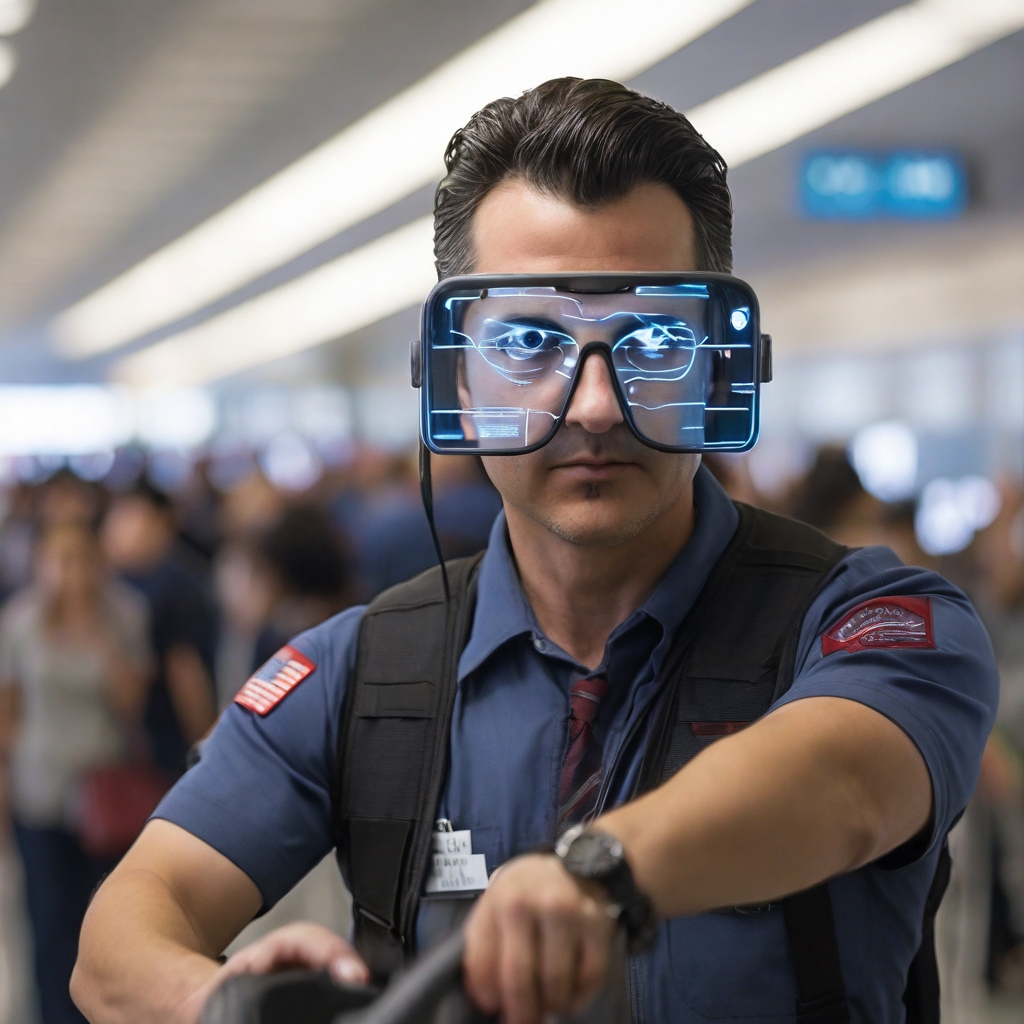The Transportation Security Administration (TSA) is moving forward with plans to implement facial recognition technology at U.S. airports. In collaboration with the Department of Homeland Security’s research and development component, the TSA aims to enhance Credential Authentication Technology (CAT) devices that were deployed several years ago.
CAT-2 units and deployment
The latest CAT scanners, known as CAT-2 units, incorporate facial recognition technology by capturing real-time pictures of travelers and comparing them against their photo IDs. These units have been deployed at nearly 30 airports nationwide and are expected to expand to over 400 federalized airports in the coming years. As of now, participation in facial recognition screenings is optional for travelers, who can choose to undergo the standard ID verification process instead.
The CAT-2 units utilize one-to-one verification, comparing photos against government-issued identification and subsequently deleting the images from the scanner. The TSA emphasizes that photos are not stored after a positive ID match, except during limited testing for evaluating technology effectiveness. This testing involves a block of two to four weeks at specific locations, with data collected and submitted to the DHS Science and Technology Directorate for independent analysis.
Data protection measures and transparency
Arun Vemury, senior engineering advisor for identity technologies at DHS S&T, highlights that, by default, CAT systems do not record any information. The limited testing environment involves collecting minimal data, such as the traveler’s photo and year of birth for testing purposes. Vemury assures that agreements are in place to define what data can be shared, with explicit restrictions on traveler names. Additionally, data is securely transferred, and a retention period is enforced, after which the data is wiped and a certificate of destruction is provided.
Despite these measures, concerns have been raised by lawmakers, privacy advocates, and experts regarding the expansion of facial recognition technology. A bipartisan group of senators, led by Sens. John Kennedy and Jeff Merkley, introduced legislation in November 2023 to ban TSA from using facial recognition, citing privacy concerns. The government’s increasing reliance on facial recognition has prompted calls for regulations around its wider use.
Facial recognition normalization and future outlook
Privacy advocates warn that TSA’s use of facial recognition normalizes the government’s broader adoption of the technology. While TSA Administrator David Pekoske envisions biometrics becoming a requirement across the board for enhanced efficiency, legislators and critics argue for careful consideration and regulation to protect privacy and civil liberties.
Sheldon Jacobson, a computer science professor with extensive experience in aviation security, supports facial recognition as the future of airport security, emphasizing its efficiency. Both DHS S&T and TSA are actively addressing concerns related to errors, including potential racial or gender discrepancies, through complementary laboratory evaluations.
A Step-By-Step System To Launching Your Web3 Career and Landing High-Paying Crypto Jobs in 90 Days.
 Facial Recognition
Facial Recognition